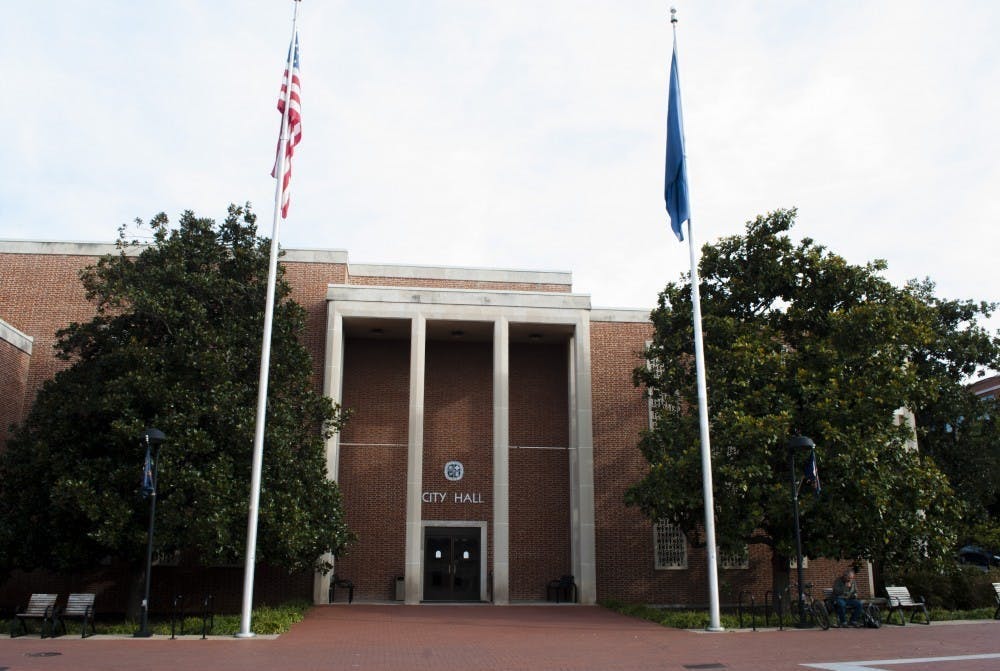Earlier in January, Virginia House Delegate Sally Hudson, D-Charlottesville, introduced a bill that would remove salary limits for Charlottesville politicians, namely city council members and school board officials. This would effectively bypass limitations instantiated by Virginia state code, which sets salary caps for municipalities proportional to their total population. Currently, maximum annual pay is capped at $18,000 for Charlottesville councilors and $20,000 for the mayor, which Hudson claims is not enough “to raise a family.” While this is not a sentiment I would necessarily disagree with, I think any amendment to political salary limits should be done much more tactfully, with checks still in place. The last thing we want in our representative democracy is for representatives to have unconditional control over how much they’re earning — a breeding ground for corruption and complacency.
According to the MIT Living Wage Calculator, the requisite hourly salary for a healthy standard of living in Charlottesville, Virginia is $12.49 individually, and $17.16 for each worker in a family of four with two adults. When examining these salaries pro rata — roughly $25,000 annually in the former figure and $35,000 in the latter — it becomes clear that Hudson’s assertion is indeed justified. Wages for Charlottesville politicians are not enough to support oneself, let alone a family. That being said, one must consider the moral question of whether or not we actually want our local politicians to be able to completely sustain themselves off of their government work. After all, the roles in question are part-time jobs, and were never intended to be full-fledged, self-sustaining careers.
Excessively increasing salaries for these roles would worsen the proliferation of “career politicians” within our local government — individuals skilled in the arts of bureaucracy and grandstanding, but proficient in little else of merit. Do we really want the people leading us to potentially have no other significant experiences or expertise other than their political tenure? Or, do we want those who have achieved success and financial stability in other fields — the greatest minds among us — to be the ones who make decisions? In my opinion, choosing the former creates complacency within political ranks, as the individuals in power have neither the competency to bring about any degree of meaningful change, nor the incentives to do so, since the fat checks keep rolling in regardless of what they do.
This is a phenomenon we witness very often in the federal government, with career politicians like former Congressional Representative Elijah Cummings. Representative Cummings served across three decades and amassed hundreds of thousands of dollars in personal assets — much of which stemmed from his enormous $174,000 annual salary — but ultimately did little to better the condition of his Baltimore district, which sported a colossal poverty rate relative to the Maryland average, and a record homicide rate at the time of his unfortunate passing.
Thus, if the goal is to increase salaries for officials — which is not an unreasonable legislative proposal — why not do so while also maintaining limits, rather than removing the limit completely? Perhaps the bill could set a relatively higher cap than is enumerated in Virginia state code, which would also increase proportionately as the population of Charlottesville grows. This would make it easier for city officials to maintain a reasonable standard of living, while also keeping their powers in check. The fact that Hudson’s proposal chooses to bypass this obvious solution is a bit concerning. Though I would not suggest malignant intentions, it seems like an unnecessary power-grab that could easily be avoided while still satisfying all involved parties.
In our representative democracy, it is crucial that we the people hold our representatives accountable and ensure that limits are placed on their powers. While there is truth to the impetus of Delegate Hudson’s proposal, her solution is an immoral quick fix that opens the door for complacency, corruption and career politicians in Charlottesville government. Enacting a moderate pay raise is not the issue. However, ensuring that reasonable checks on the extent of these burgeoning salaries are maintained will be crucial for the longevity of our local government as a force for good.
Milan Bharadwaj is an Opinion Columnist for The Cavalier Daily. He can be reached at opinion@cavalierdaily.com.







